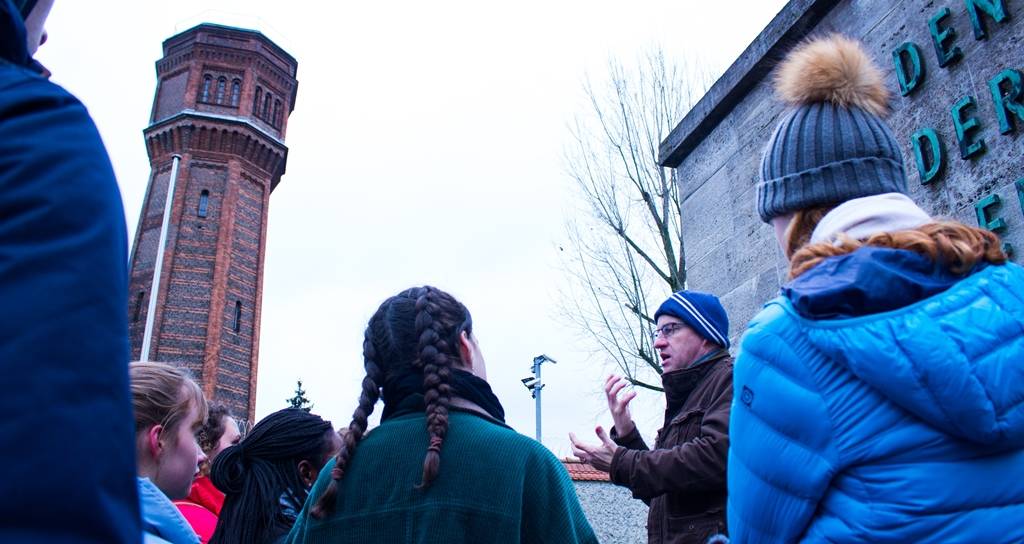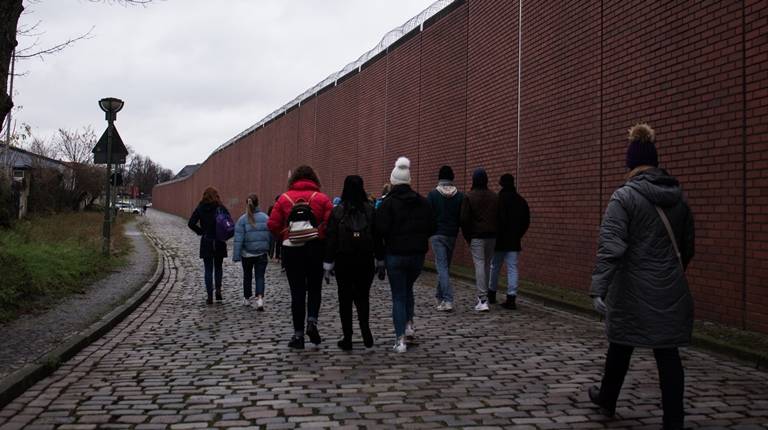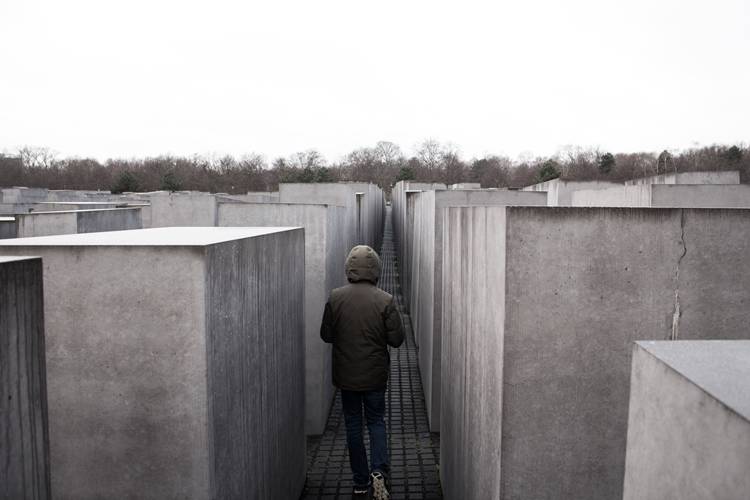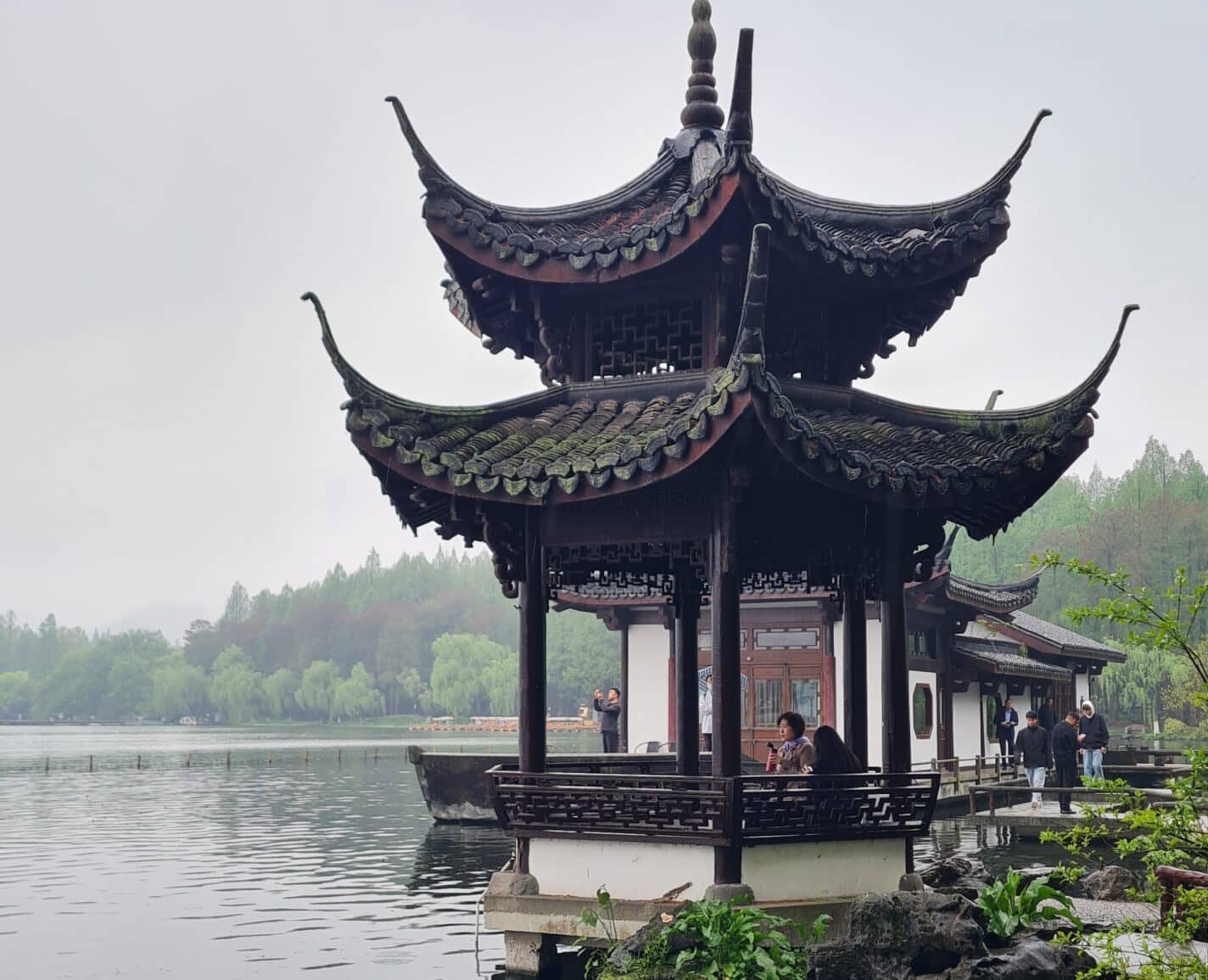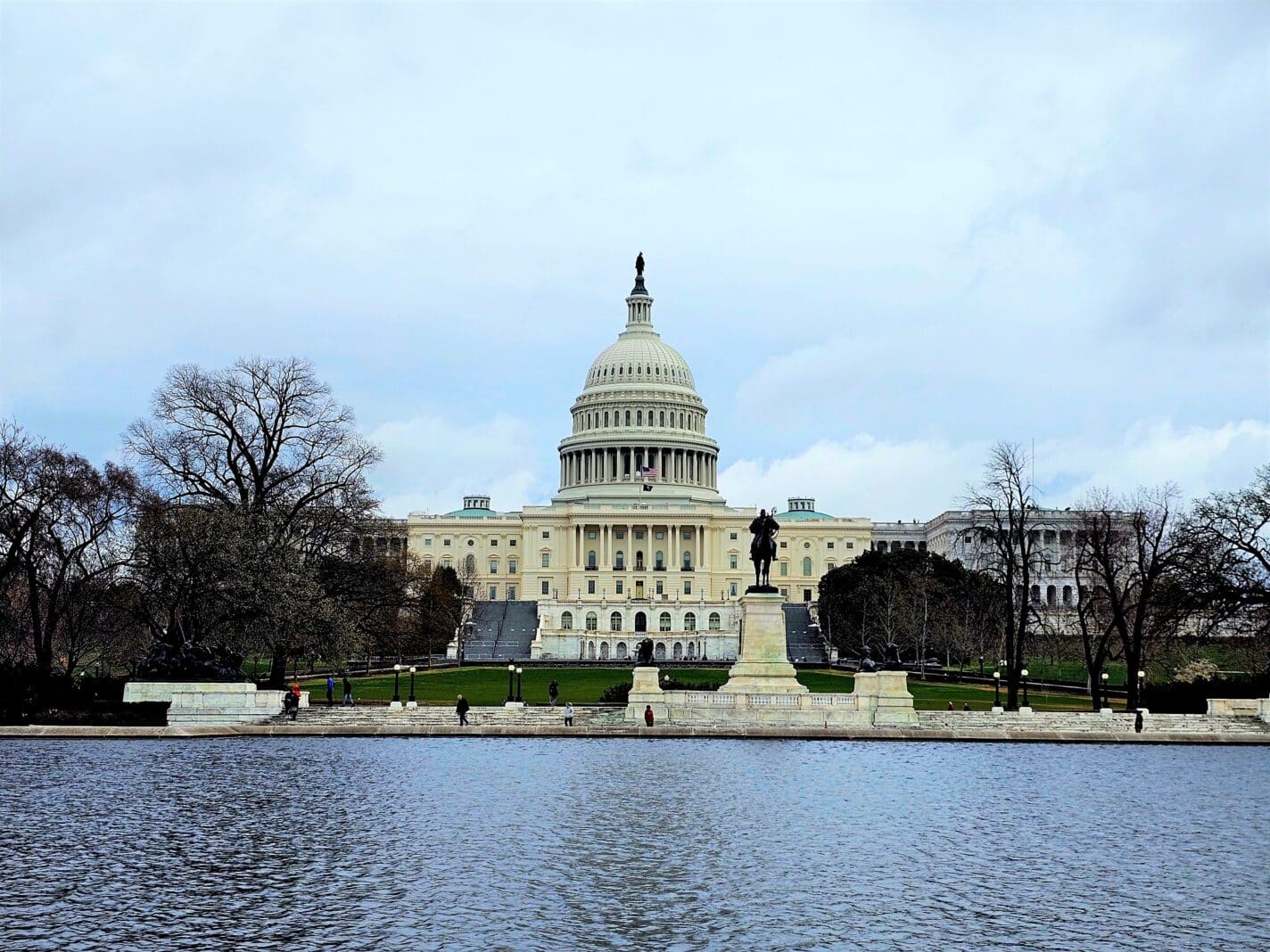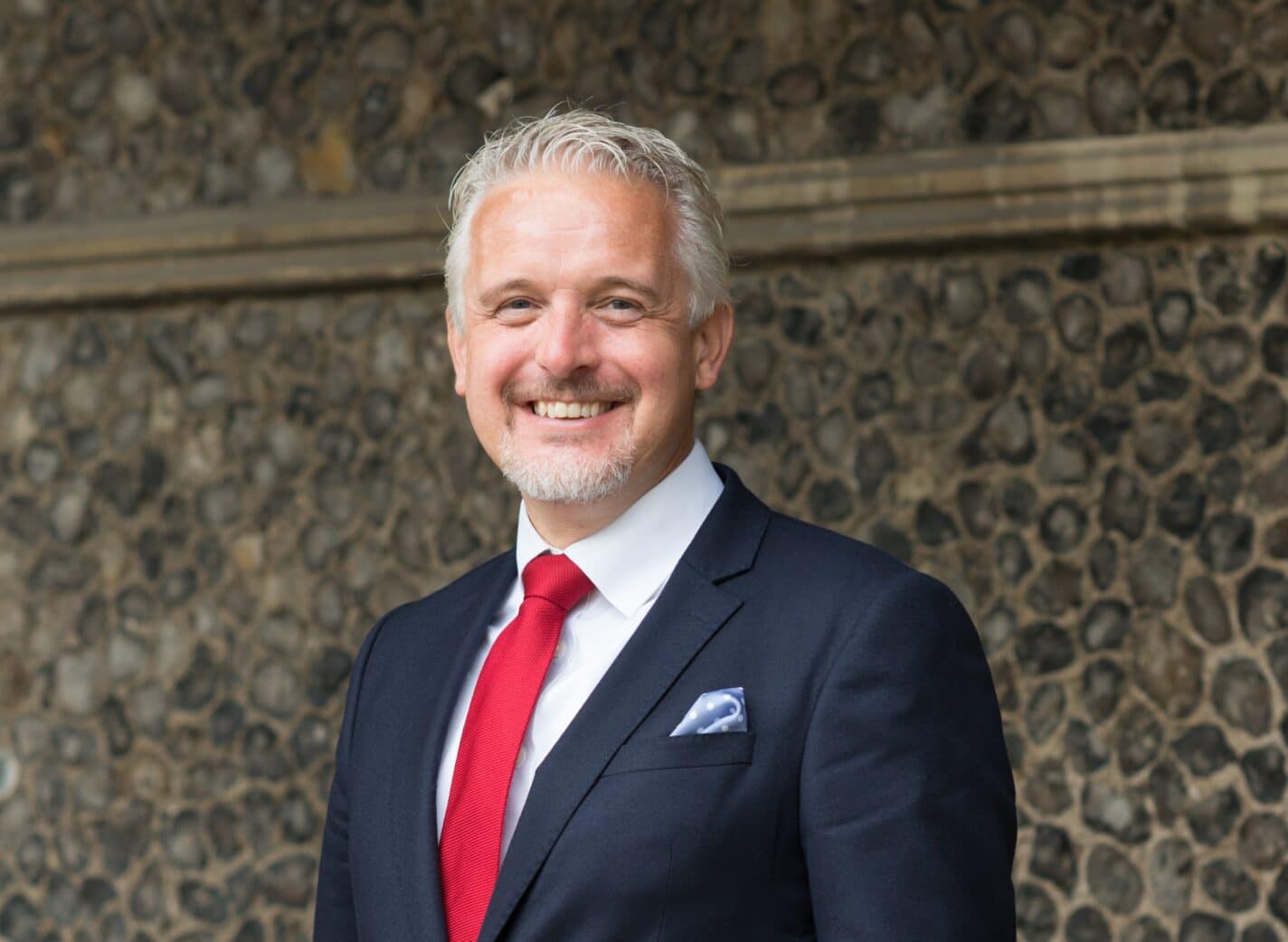In mid-December, 56 historians travelled to Berlin for a journey of exploration and discovery. Berlin is a city of bright lights and culture, rich with history; a city that has and is still undergoing transformation. Across the city the history is evident from the Zeughaus, originally built in 1730 by Frederick III, which was later used by the Nazis as an army museum, to the modern Bundestag, which houses the German parliament.
One aspect of Berlin’s living history which is distinct from any other European city and that we all found thought-provoking is its memorialisation of the Holocaust. In the classroom, we have learned about the Nazi era, but the history did not have a personal impact until we went to Berlin and saw the evidence: the Holocaust Memorial, the Sachsenhausen concentration camp and the stepping-stones or “Stolpersteine” which are positioned around the city.
There are simply no words to describe the atmosphere at a Nazi concentration camp. On a cold bleak day, everyone in our group fell silent as we entered the gates of the camp – “arbeit macht frei” – and this disconcerting silence was maintained throughout our journey past all the memorials and the remains of the gas chambers.
The experience of visiting this concentration camp is one that will never be forgotten, and was the most significant part of the trip, along with the visit to the former Stasi prison on the penultimate day. The Stasi prison is located in a grey, remote area of East Berlin, matching the morbid ambiance inside the prison.
Walking through the giant tomb shapes of the city-centre Holocaust memorial at night was both frightening and bewildering. Walking along a normal street of cobbles and suddenly seeing a small bronze plaque positioned in the pavement with a name and date of the former Jewish resident, a victim of the Holocaust, made the city even more harrowing.
The historian Neil MacGregor wrote: “I know of no other country in the world that, at the heart of its own national capital, erects monuments to its own shame.”
Most of the time we spent in Berlin was dedicated to visiting historical sites, museums and the occasional trip to a German Christmas market, but the trip also offered everyone a chance to experience some culture, such as a five hour opera on the Sunday night, which was a delight for those who attended it.
The trip is not for the faint-hearted, as every waking moment of the day (and night) our eyes feasted upon new experiences, and our knowledge was greatly expanded. We all returned exhilarated by the whole adventure. I believe that the main purpose of this trip was not solely to show and to reinforce the knowledge of the historical facts and characters that we have learned about in the classroom, but to emphasise the need to mould our opinions and ideas about the past through observation and investigation in order to guarantee for all mankind a safe and fulfilling future. We must continue to remember.
Harriet White (L)


